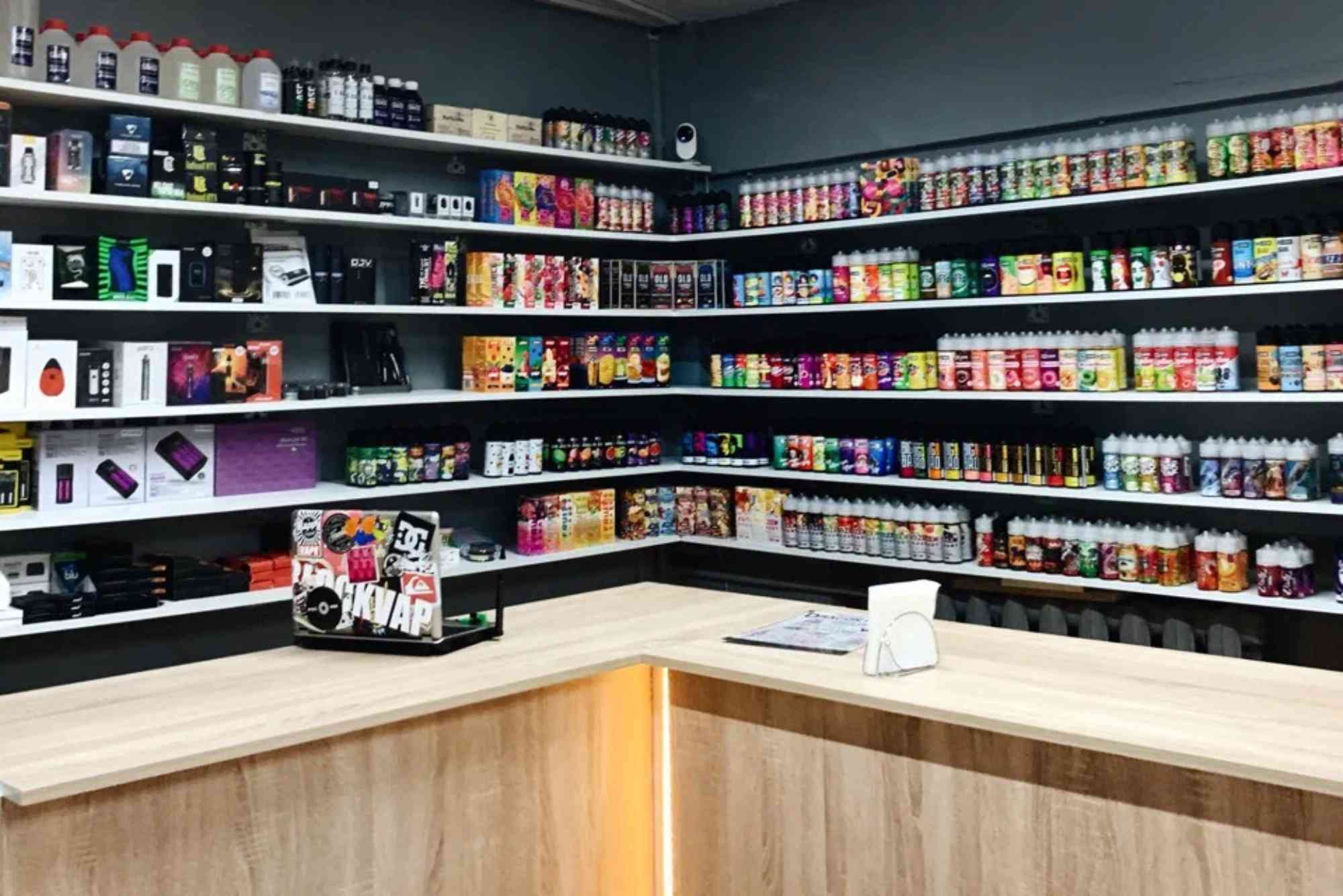The vaping industry has taken off globally—and the Gulf Cooperation Council (GCC) is no exception. Among the six GCC countries, the United Arab Emirates (UAE) is rapidly positioning itself as the vape hub of the GCC. This transformation hasn’t happened by chance. It’s the result of regulatory shifts, economic strategy, and evolving consumer habits.
In this article, we’ll explore how and why the UAE has become central to vaping in the region, the factors driving its growth, the challenges it faces, and what the future holds for the industry.
The Evolution of Vaping in the UAE
From Ban to Regulation
Not long ago, vaping products were banned in the UAE. That changed in April 2019 when authorities began allowing the sale of electronic cigarettes, vaping devices, and e-liquids under strict regulation.
The decision aligned with the UAE’s broader commitment to consumer safety and diversification of its economy. Importantly, this also created a legal framework for businesses to flourish, contributing to the UAE’s emergence as a vape hub in the GCC.
Government Endorsement and Oversight
The Emirates Authority for Standardization and Metrology (ESMA) introduced clear regulations for the production, marketing, and sale of vaping products. These standards ensure that devices meet international safety benchmarks.
This formal oversight has built consumer trust while opening the door for licensed importers and retailers to operate transparently.
Why UAE is Leading the GCC Vape Market
Strategic Location and Logistics
The UAE’s position as a global logistics hub cannot be overstated. With world-class ports in Dubai and Abu Dhabi and air freight centers like Dubai International Airport, the country is perfectly positioned to receive and redistribute vaping products across the GCC.
International vape brands often choose Dubai as their entry point into the region. From there, products can be easily distributed to Saudi Arabia, Kuwait, Bahrain, Oman, and Qatar.
A Business-Friendly Environment
Dubai and Abu Dhabi offer one of the most business-friendly environments in the Middle East. Free zones, low import duties, and streamlined company registration processes encourage vape businesses to set up shop.
This infrastructure supports both B2B and B2C operations—from wholesale distribution centers to sleek vape lounges and retail stores targeting tourists and residents alike.
Tourism as a Growth Driver
Tourism plays a significant role in boosting vape sales. The UAE welcomed over 14 million tourists in 2023, many of whom come from countries where vaping is already mainstream.
Airports, duty-free shops, and high-end vape boutiques in Dubai Mall and other hotspots help reinforce the country’s reputation as a vape hub in the GCC.
Consumer Trends Fueling Growth
Demographics and Urban Culture
Young, tech-savvy consumers dominate the UAE’s urban population. Many are switching from traditional tobacco to vaping, citing reasons like variety, perceived harm reduction, and aesthetics.
The appeal of flavored e-liquids, customizable vape devices, and a wide range of options keeps demand high.
Social Acceptance and Lifestyle
Vaping is gaining traction not just as a smoking alternative but as a lifestyle. Vape cafés, influencer marketing, and social media promotions have contributed to its normalization, especially among younger adults.
This shift in perception boosts retail sales and increases interest in new products and technologies.
Regulatory Framework: Striking the Right Balance
Licensing and Compliance
To sell vape products in the UAE, companies must obtain proper licensing from the Emirates Standardization and Metrology Authority (ESMA). This ensures that only certified, safe products enter the market.
Retailers are also required to adhere to age restrictions and avoid marketing to minors. These rules promote responsible use while supporting industry growth.
Taxes and Pricing
The UAE imposes a 100% excise tax on electronic smoking devices and e-liquids. While this increases prices, it also positions vaping as a premium product—attractive to consumers willing to pay for quality and safety.
Despite the high cost, demand continues to grow, which indicates strong market resilience.
Challenges and Considerations
Cross-Border Market Differences
Each GCC country regulates vaping differently. Saudi Arabia, for example, has stricter policies, while Bahrain has a more open stance. These differences can complicate regional supply chains.
Still, the UAE’s open policies and infrastructure help it navigate these challenges better than its neighbors.
Health Concerns and Misinformation
Public health remains a sensitive topic. While vaping is often seen as less harmful than smoking, it’s not without risks. The UAE government continues to run awareness campaigns to ensure consumers understand both the benefits and limitations.
Retailers and importers must stay updated with evolving health standards to maintain compliance and trust.
The Future of Vaping in the UAE and GCC
The UAE’s investments in smart retail, e-commerce platforms, and trade shows like the World Vape Show position it to remain the Vape Hub GCC well into the future.
Emerging technologies—such as nicotine salts, disposable vapes, and AI-driven devices—will likely see early adoption here, making the UAE a trendsetter for the rest of the region.
FAQs
Is vaping legal in the UAE?
Yes, vaping is legal in the UAE under regulated conditions. Products must be ESMA-certified, and retailers must follow strict age and marketing guidelines.
Can tourists bring vape devices to the UAE?
Tourists can bring personal vape devices and e-liquids for personal use. However, importing in bulk without a license is illegal.
Why is Dubai a popular destination for vape businesses?
Dubai offers a strategic location, excellent logistics, and a business-friendly environment. These factors make it ideal for launching or expanding vape businesses.
Are there age restrictions for buying vape products in the UAE?
Yes, you must be at least 18 years old to purchase vaping products in the UAE.
What is the tax rate on vape products in the UAE?
A 100% excise tax is applied to all vaping products, including devices and e-liquids.
UAE’s Role in Shaping the GCC Vape Market
With a robust regulatory framework, thriving retail landscape, and strategic trade position, the UAE is more than just a participant in the vaping industry—it’s the leader. As trends evolve and markets mature, expect the UAE to influence policies, consumer behavior, and product innovation across the GCC.





